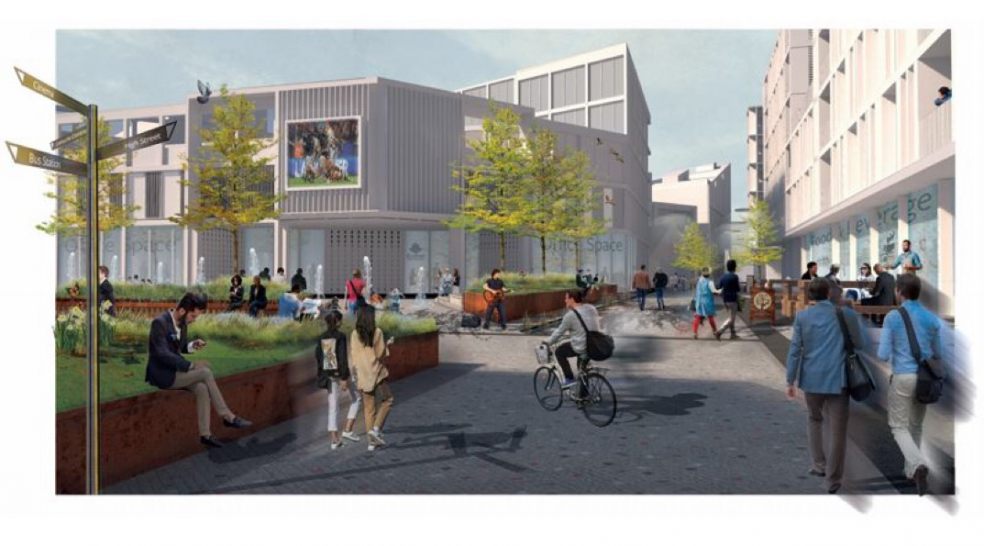
Decline of high street is an opportunity for Devon's city centres, says JLL
City centres in Devon including Exeter and Plymouth are set for transformation as housing, offices and leisure facilities replace empty retail space, but this wave of change should be seen as an opportunity, not a threat, says JLL.
City and town centres need to be refashioned into ‘city neighbourhoods' and community hubs offering a mix of housing, workspace, leisure activities and shopping to ensure they meet the needs of their populations, according to property consultancy JLL.
JLL will reflect on the latest trends and share its predictions for the future when it hosts its annual South West Property Review at Sandy Park in Exeter tomorrow (Tuesday 5 February) from 6pm. For the first time, the audience of leading business and property leaders will take part in a live poll to gauge their views on the big topics of today.
JLL echoes the words of retail expert Bill Grimsey, who said ‘there's simply too much retail space in the UK', adding that whilst 2018 was a bad year for big retailers such as House of Fraser, HMV, Toys R Us and Maplin in the face of changing consumer habits, it's not all doom and gloom.
"The location of old department stores and large shops are often ideal for other uses such as much-need homes, offices, hotels, restaurants, cafes or bars", said Tim Western, lead director at JLL in Exeter. "Our city and town centres need to become places for people to live, work, shop, eat and relax, adding diversity and bringing people in. A mixed-use approach is the direction of travel, signifying the end of an era where urban areas are zoned according to use."
In Exeter, the historic eastern gateway into the city centre is set to be transformed with the creation of a mixed-use urban quarter, which comes after the Crown Estate pulled out of plans to extend the Princesshay shopping centre in 2017. Anchored by a new civic hub, it will be almost twice the size of Princesshay, but with homes and offices as well as shops, leisure and cultural attractions including a state-of-the-art ‘Passivhaus' leisure centre. The £300 million scheme will be led and delivered in partnership with the council.
The site is hugely significant in place-making terms, says JLL, as it will bring long-term social and economic benefits at a time when the dominant retail function of city centres is being challenged and reimagined.
JLL says that there has been a shift of focus in the planning system putting schemes such as the bus station development in Exeter, which protect and strengthen the existing retail offer and re-establish city centres as integrated, vibrant mixed-use communities, before out-of-town developments like Moor Exchange on the eastern outskirts of the city, which was thrown out by planners last year.
Councils are taking the lead and it is no surprise that, over the last five years, 40 per cent of the money invested by councils has been in the retail and leisure sector, allowing them to take control of these areas and drive much-needed change.
"There are two things that are essential for the future success of Exeter city centre, or indeed any town or city centre; they are strong civic leadership and a vision for the future", he added. "The changes to our retail sector should be seen as an opportunity, not a threat. In Exeter we need more housing, we need investment in infrastructure and more places for people to work. It's a no brainer to capitalise on the opportunities changes to our retail landscape and transport hubs bring to ensure our city's future prosperity."














